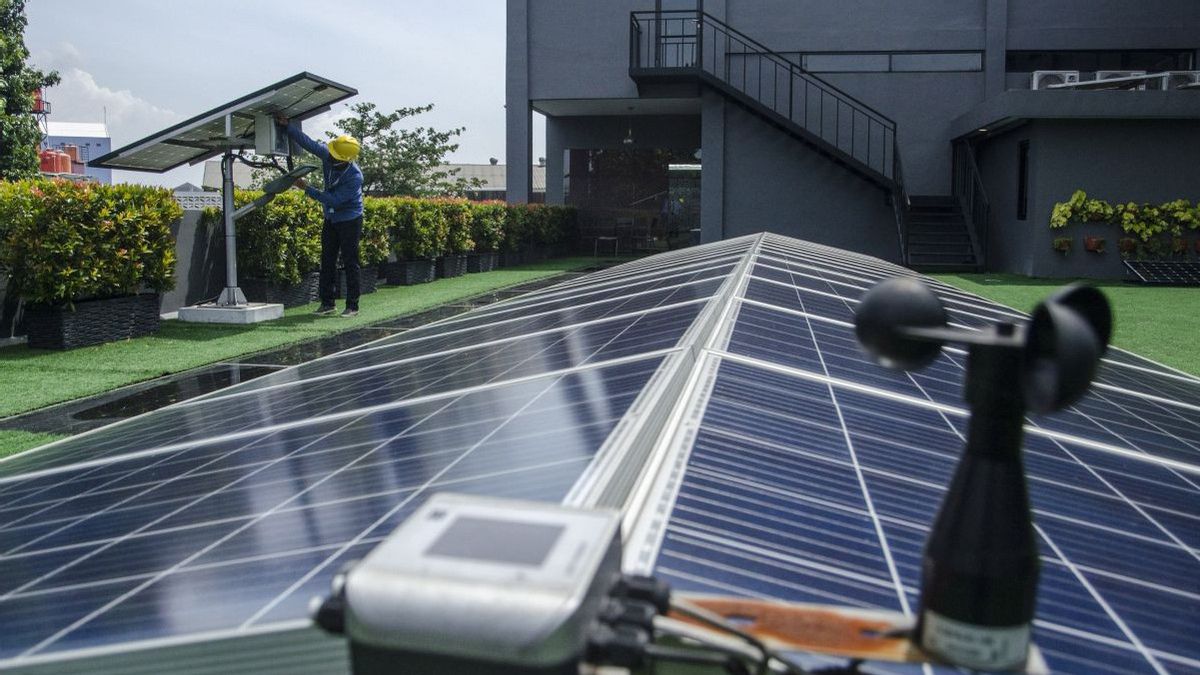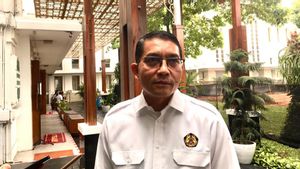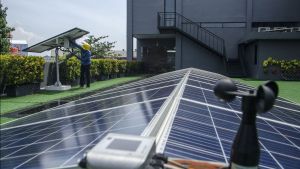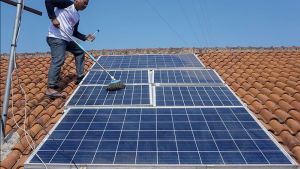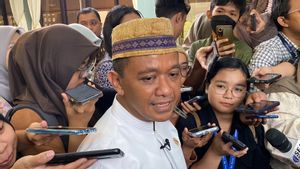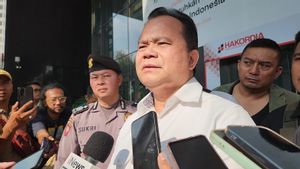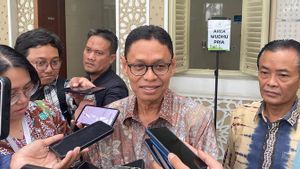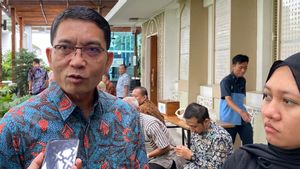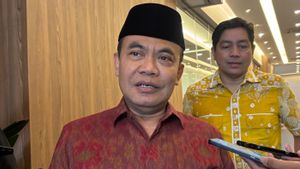JAKARTA - The government has issued a revision of regulations related to the Roof Solar Power Plant (PLTS) through the Ministerial Regulation (Permen) of Energy and Mineral Resources Number 2 of 2024 concerning Roof PLTS Connected to the Electricity Network for Electric Power Supply Business Permits for General Interests (IUPTLU).
Secretary General of the Ministry of Energy and Mineral Resources Dadan Kusdiana said, with the revision of the Rooftop PLTS Candy, the development of Rooftop PLTS for households would be less attractive. Because for households, the peak of the electricity load is at night, while electricity production from Rooftop PLTS occurs during the day.
"Indeed, the Rooftop PLTS is a bit difficult for households, because there is no export of electricity imports and there is no deposit (electricity). In the past, it can be deposited in PLN and continues to be used at night, the household uses electricity at night, even though the sun is there at noon, now this is less match there. Unless you use the battery to store electricity," said Dadan, quoted Monday, February 26.
Dadan explained, this is because the electricity buying and selling scheme from the installation of Rooftop PLTS cannot be done by Roof PLTS users. However, the government will provide incentives to attract the installation of Rooftop PLTS.
This is in accordance with Article 13 of the Ministerial Regulation, which states that the excess electrical energy of the Roof PLTS system that enters the IUPTLU holding network is not taken into account in determining the number of electricity bills for roof PTLS customers.
"There is no import (electric) export, but we still have incentives. So consumers who install roof PLTS do not get a charge, there are clothing costs and so on. Well, there is no in it, it's an incentive," continued Dadan.
In the regulation Article 47 states that for the Roof PLTS system that has been operating and connected to the IUPTLU holding network, the export of electricity imports has been declared valid for 10 years since obtaining approval from the IUPTLU holder. In addition, customers of the Roof PLTS who have received approval from the IUPTLU holder but have not yet operated before this Permen takes effect, the mechanism for calculating exports of electricity imports and the capacity cost remains valid for 10 years since obtaining approval from the IUPTLU holder.
Dadan further said that the new regulation will implement a quota system, considering that PT. PLN (Persero) must ensure that electricity quality remains reliable to be distributed to the public and industry.
"PLN also has limitations on the side of receiving electricity from the Rooftop PLTS. For example, now it is cloudy, even though PLN calculates that there is electricity on the roof, on the one hand it must provide electricity that must be ready to channel, on the other hand, they still have to distribute quality electricity," added Dadan.
SEE ALSO:
The quota system is contained in Article 7-11, Dadan continued, where the Roof PLTS system development quota is prepared by IUPTLU holders taking into account the direction of national energy policy, plans and realization of business plans for the provision of electricity, as well as the reliability of the electricity system in accordance with the provisions in the rules of the electricity system network (grid code) for IUPTLU holders for a period of 5 years which is planned per year.
The roof PLTS development quota is proposed to the Director General (Dirjen) of Electricity with a copy of the Director General of EBTKE, which will then be evaluated and will be determined by the Director General of Electricity.
However, Dadan said that the government would encourage the use of Rooftop PLTS for industries, given that industrial electricity consumption is relatively stable, and to pursue the target of installing a 3.6 GW Roof PLTS by 2025.
"We encourage the industrial ( Rooftop PLTS), because it has a baseload, and it's a large scale. We don't lower the target, the target of the Roof PLTS is 3.6 GW 2025, but we are still waiting, still discussing, still ensuring how much quota is coming out this year, because there will be business with the reliability of the PLN system. Again calculated by the Directorate General of Gatrik, EBTKE and PLN," concluded Dadan.
The English, Chinese, Japanese, Arabic, and French versions are automatically generated by the AI. So there may still be inaccuracies in translating, please always see Indonesian as our main language. (system supported by DigitalSiber.id)
